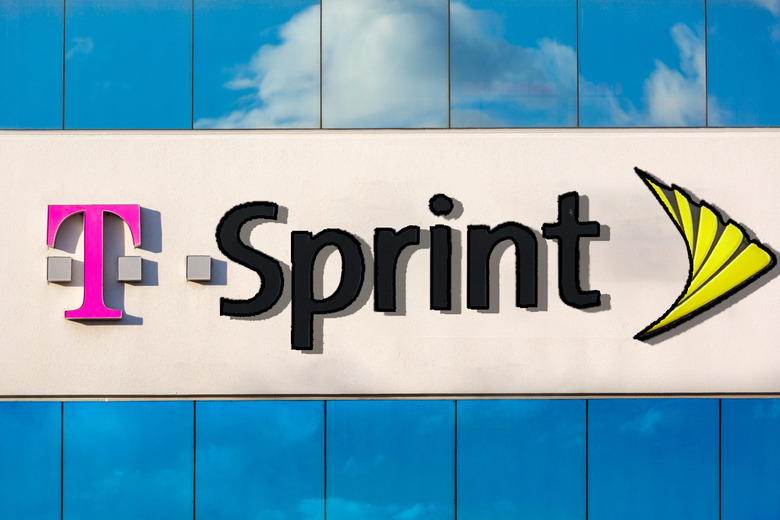Sprint And T-Mobile Just Dropped A Big Hint That The Merger Is Coming
Rumors about a Sprint T-Mobile merger have been swirling for months. But thus far, most of the information we've had is from anonymous sources talking to well-connected journalists, rather than anything concrete from the two companies.
But this weekend, both carriers gave us a major hint that something big is coming, thanks to how they're announcing their quarterly earnings.
T-Mobile's earnings for Q3 2017 were released early this morning, alongside a video blog from CEO John Legere. The timing is strange: earnings are typically released after market close, and crucially, they're normally followed by an earnings call, where investors and analysts can ask executives about details from the earnings report and forecasts.
That isn't happening for either Sprint or T-Mobile this quarter, and the likeliest culprit is a merger. Neither company wants to publicly address questions about a potential merger, because saying the wrong thing could jeopardize ongoing negotiations or adversely affect the stock price. "We wanted to make sure you all saw and focused on our Q3 results and not just on the rumors and speculation that seem to fill the news every day," CEO John Legere said in the video.
Sprint's earnings are set to be released on Wednesday, also without a Q&A session.
Analysts were quick to jump on the lack of earnings call as a sign that a merger announcement is coming, and soon.
Can you imagine what @JohnLegere would say if anyone else would do an earnings release without Q&A in the wireless industry? #USA2017
— Roger Entner (@RogerEntner) October 23, 2017
When will we have the @sprint @TMobile merger/acquisition announcement? Thursday? Friday? Can't be too long after this.
— Roger Entner (@RogerEntner) October 23, 2017
"Inevitably, the speculation about why T-Mobile chose to do it this way—does this mean that a merger announcement is imminent, or does it mean that talks have reached a temporary impasse (we're assuming it means the former)?—will dominate discussion today," analyst Craig Moffett of MoffettNathanson Research wrote in a note, obtained by Fierce Wireless. "The results will naturally take a back seat."
Speculation about the potential merger suggests that any deal will be all-stock, with no cash changing hands. T-Mobile parent Deutsche Telekom would end up as the majority shareholder of the new company, with Sprint parent SoftBank the minority owner.
On paper, a merger makes sense for the two companies. The combined network would have as many subscribers as AT&T or Verizon, and an enviable arsenal of spectrum licenses that it could use to build out a world-class network. But a merger would likely be bad news for customers, who would see the two most competitive and disruptive mobile networks turn into one much larger company, with less incentive to push low prices or new features like unlimited data.
The biggest threat to the merger going forwards will be regulators. Previously, the Federal Communications Commission might've had something to say about a industry-defining merger, but the FCC under Trump appointee Ajit Pai has shown zero interest in regulating companies, and has instead focused on spectrum auctions, gutting net neutrality, and feel-good press releases.
That leaves any regulatory action up to the Justice Department's competition division. Industry watchers are unsure whether the DoJ will approve a merger, but at the very least, the DoJ is expected to introduce conditions to the merger, like the need to give up some spectrum licenses, or ensure coverage or plans for low-income areas.
